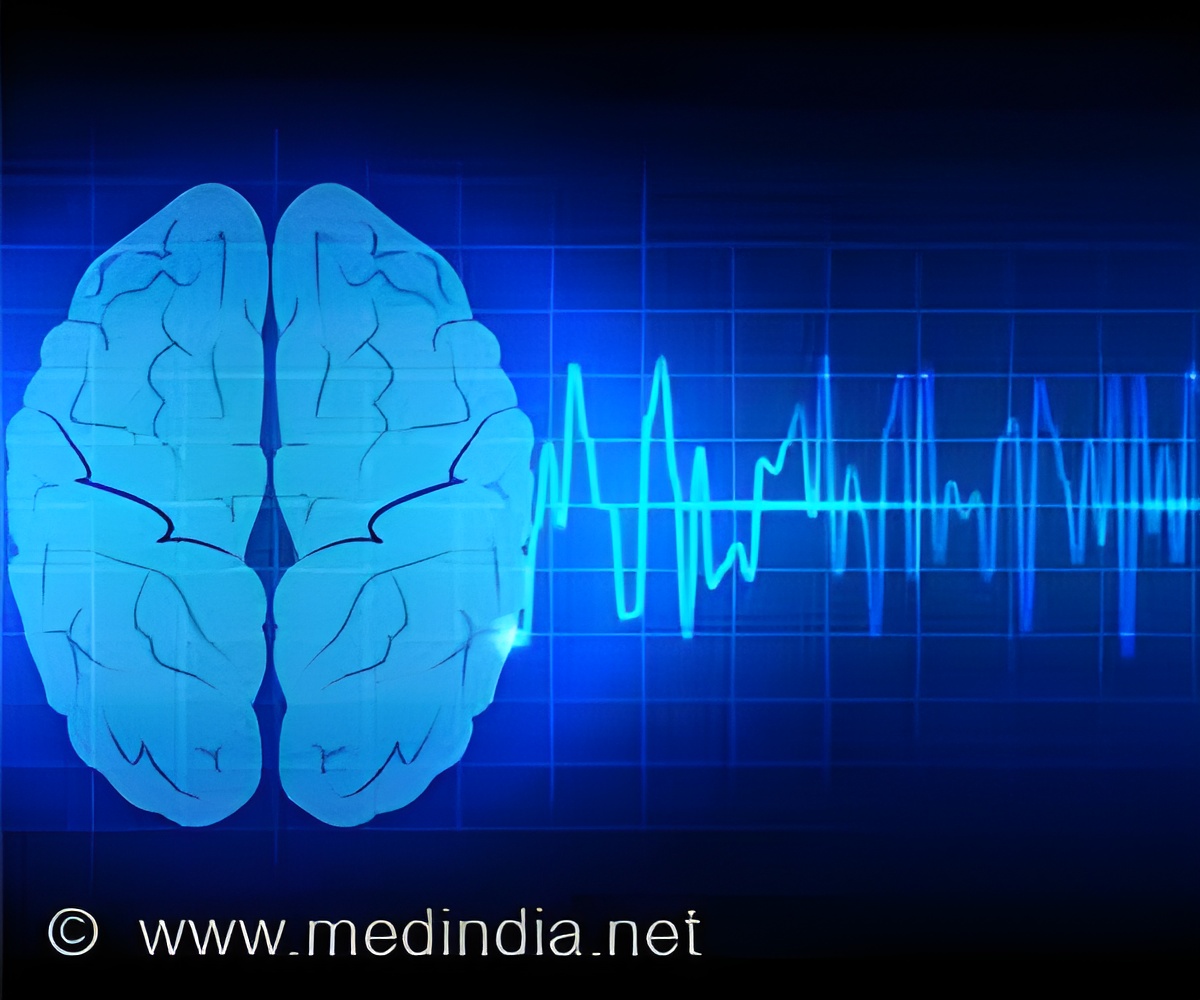
‘High levels of a normal protein associated with reduced heart disease are shown to offer protection against Alzheimer's-like brain damage. This might serve as a development of a potential therapeutic target for dementia.’
Tweet it Now
Thus the cognitive decline occurring in the disease can be stopped by raising the levels of this heart protein ¡V low-density lipoprotein receptor (LDL receptor), thereby serving as a potential therapeutic target for dementia. The LDL receptor has an important role in the regulation of cholesterol metabolism and is widely prescribed for cardiovascular disease. The drugs commonly used for increasing the levels of LDL receptors in the liver and some other tissues are statins and PCSK9 inhibitors. However, their effect is not known in the brain.
"There are not yet clearly effective therapies to preserve cognitive function in people with Alzheimer's disease. We found that increasing LDL receptor in the brain strongly decreases neurodegeneration and protects against brain injury in mice. If you could increase LDL receptor in the brain with a small molecule or other approach, it could be a very attractive treatment strategy," says senior author David Holtzman, MD, the Andrew B., and Gretchen P. Jones Professor and head of the Department of Neurology.
LDL and Alzheimer's disease
High levels of a protein ¡V APOE are linked to both cholesterol metabolism and Alzheimer's disease by driving tau-mediated degeneration in the brain through activation of microglia (brain¡¦s immune cells).
Advertisement
It was found that the resulting offspring had high levels of LDL receptor and a propensity to develop Alzheimer's-like brain damage by the time they were 9 months old, which is similar to middle age in a person.
Advertisement
Moreover, the tau mice with high levels of LDL receptor had less brain shrinkage and damage. The team also found that the levels of certain forms of tau and APOE were significantly lower, and their microglia was shifted toward a less damaging pattern of activation.
"Alzheimer's develops slowly through multiple phases, and the degeneration phase when tau is building up is when the symptoms arise and worsen. In terms of quality of life for people with Alzheimer's, this is a phase in which it would be great if we could intervene. I think this LDL receptor pathway is a good candidate because it has a strong effect, and we know it can be targeted in other parts of the body. This has motivated us over the last few years to try to develop programs to modulate the receptor in other ways," says Holtzman.
Source-Medindia













